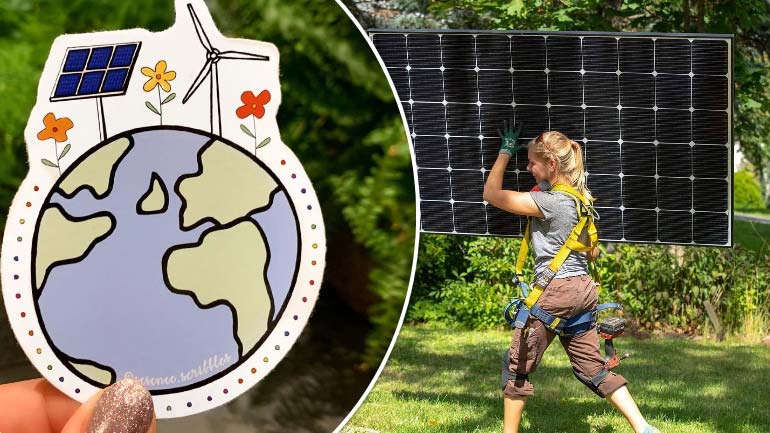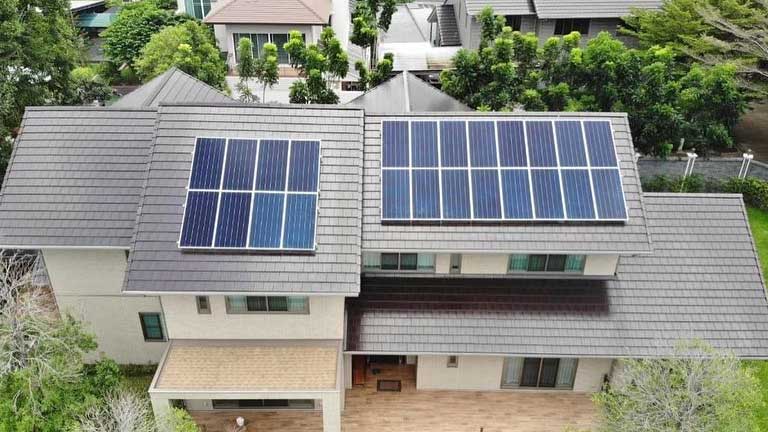
Utilization of electrical power is typical. Every day, we rely on various electronic devices, including our computers, phones, and televisions. The potential for overstressing our house’s electrical system or perhaps having an electrical disaster is more than ever before due to the ease with which we may now abuse our equipment and energy usage.
Learning how to make the most of your home electrical system and electronic devices may significantly impact how efficiently they are utilized. Electrical fires and injuries may be avoided if you and your loved ones take some simple precautions.
For your protection at home, consider the following seven guidelines:
You shouldn’t plug too much into a single outlet
Be wary about plugging too many things into a single outlet simultaneously, mainly if you use extension cables or adapters. Also, just one heat-generating device (coffee maker, hair dryer, etc.) should be plugged into an outlet at a time, and large appliances like refrigerators, ovens, washing machines, and dryers should be plugged directly into the wall instead of using an adapter or extension cable.
Lamps and other types of artificial illumination need specific wattages
When kept at the recommended wattage, your lights won’t overheat. Stickers should be placed in prominent places to indicate the maximum wattage allowed for each kind of light bulb. When using incandescent bulbs, a lamp’s shade or globe is necessary to prevent damage to furnishings caused by the bulb’s excessive heat. LEDs are a great way to light a room without wasting energy on heating it.
Do not keep electrical tools near the water
You probably already know that water and electricity don’t mix, but it might be easy to disregard the hazards involved in everyday life. Keep the kitchen appliances at a safe distance from the sinks and other water-using equipment. Verify that any outlets installed within a safe distance of a water supply are GFCI-protected. The electricity might be cut off at the switch when a short circuit is identified.
The extension cords should be thrown away if they are broken
Your extension cords will last longer if you use the suitable one for the scenario and the area, but they are meant to be replaced as required. Instead of fixing damaged wires, replacing or updating your extension cords may help prevent sparks, surges, and home electrical fires. You should also utilize surge protectors on your extension lines.
Call in the experts!
It’s vital to consult an experienced domestic and commercial electrician if your lights are flickering, your circuits are regularly tripping, you see sparks, or you smell burning or rubbery aromas. These warnings indicate a deeper home electrical problem that has to be addressed immediately rather than waiting it out or depending on a band-aid patch.




